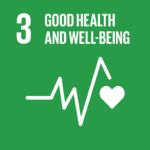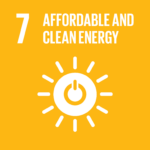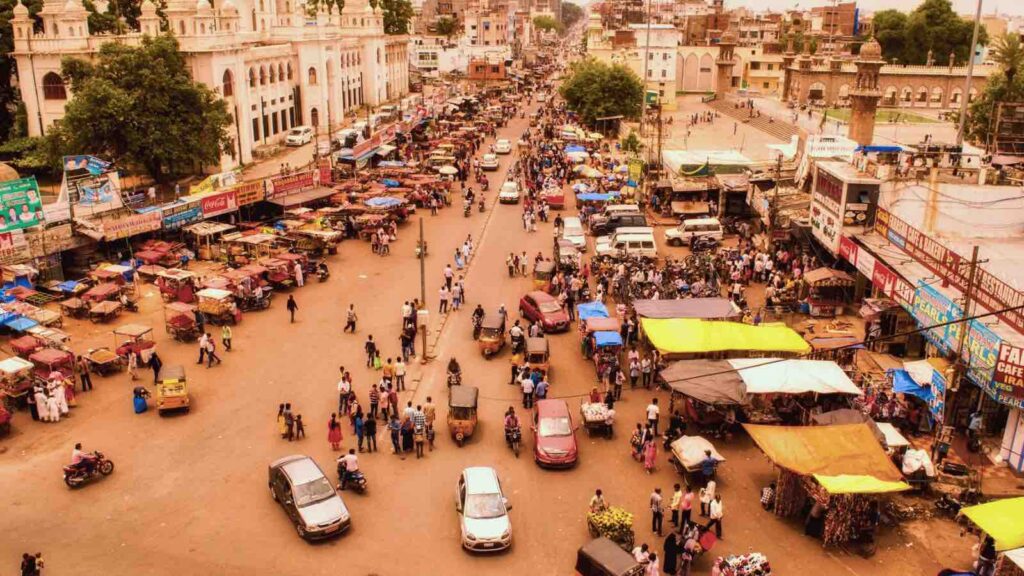This year, the alarm bell rings louder. In India, 191 billion potential labour hours were lost due to heat exposure in 2022: Lancet.
New Delhi, India – As the world grapples with the escalating climate crisis, new findings from the Lancet Countdown on Health and Climate Change lay bare a staggering economic and human toll. In 2022 alone, India witnessed a loss of 191 billion potential labor hours due to heat exposure, translating to a colossal $219 billion potential income loss, equivalent to 6.3% of the country’s GDP.
RELEVANT SUSTAINABLE GOALS



AGRICULTURAL WORKERS X HEAT EXPOSURE : THE LANCET REPORT
In the scorching fields and construction sites across India, the narrative is one of silent suffering and unseen sacrifice. Agricultural workers, the backbone of the nation’s economy, bore the brunt of this impact, accounting for 64% of the potential hours lost and 55% of the potential income losses last year. It’s a global pattern, where the most labor-intensive sectors in lower-income countries bear the greatest burden, often unseen and unaccounted for in international discourses.
The Lancet report, an unerring barometer of climate-induced disparities, reveals that heat exposure led to the loss of 490 billion potential labor hours globally in 2022. This marks a nearly 42% increase from the 1991-2000 period. It’s not just a statistic; it represents the toil and sweat of over 1.3 billion workers globally, 39% of the global workforce, predominantly from low- or medium-Human Development Index (HDI) countries.
“By 2041-60, without adaptation and a continued rise in temperatures, we could see more than a doubling of potential labor hours lost annually compared with the 1995-2014 period,” the report grimly forecasts. The path we tread today – or fail to tread – will determine the scale of this looming catastrophe.
The economic repercussions extend beyond the loss of labor hours. In 2022, extreme weather events led to economic losses amounting to $264 billion. Meanwhile, heat exposure alone resulted in global potential income losses worth $863 billion, disproportionately affecting low- and medium-HDI countries and exacerbating global inequities.
In India, as in many parts of the world, the cost of inaction is measured not just in rising temperatures but in lost hours, lost income, and lost lives. The question now is not just how we adapt to these changes, but how we transform our response to safeguard the future of work, health, and survival on this increasingly fragile planet.
The Heat Is Rising
In a sobering analysis released by the Lancet medical journal, an international team of health experts has painted a stark picture of our warming world. The findings, which culminate from the collective efforts of over 100 specialists from 52 institutions, including the United Nations and the World Health Organisation, lay bare a future fraught with escalated heat-related illnesses and fatalities.
As the global temperature nudges 1.1 degrees Celsius above pre-industrial levels, we already find ourselves grappling with an average of 86 days of potentially health-threatening heat each year. The Lancet report, the eighth of its kind, is more than a compilation of statistics; it’s a clarion call to action as we confront the escalating health impacts of climate change.
The data is unflinching in its revelations: people over the age of 65, a demographic often relegated to the periphery of climate discussions, emerge as the most vulnerable to the scorching temperatures. The past decade has witnessed a 47% increase in heat-related deaths in this age group compared to the 1991-2000 baseline. This grim statistic was starkly illustrated in the summer of 2022, when Europe reeled under heatwaves that potentially claimed over 61,000 lives.
Marina Romanello, the report’s executive director, minces no words, “We are paying in lives,” she declares, pointing an accusing finger at the world’s inertia on climate action.
The ramifications of this warming trend extend beyond health. The report underscores a staggering loss of 490 billion labor hours in 2022, a 42% jump from the early ’90s, translating into profound economic impacts. Moreover, looming on the horizon is the specter of food insecurity, threatening to envelop an additional 525 million people by the mid-century.
The voices of 46 million health professionals resonate in a collective plea addressed to the COP28 Presidency, urging an accelerated, just, and equitable phase-out of fossil fuels. Their message is clear: the continuation of fossil fuel dependency is not just an environmental issue, but a matter of life and death.
You may also be interested in :
The Silent Killer : The Lethal Impact Of Air Pollution On Our Cities


